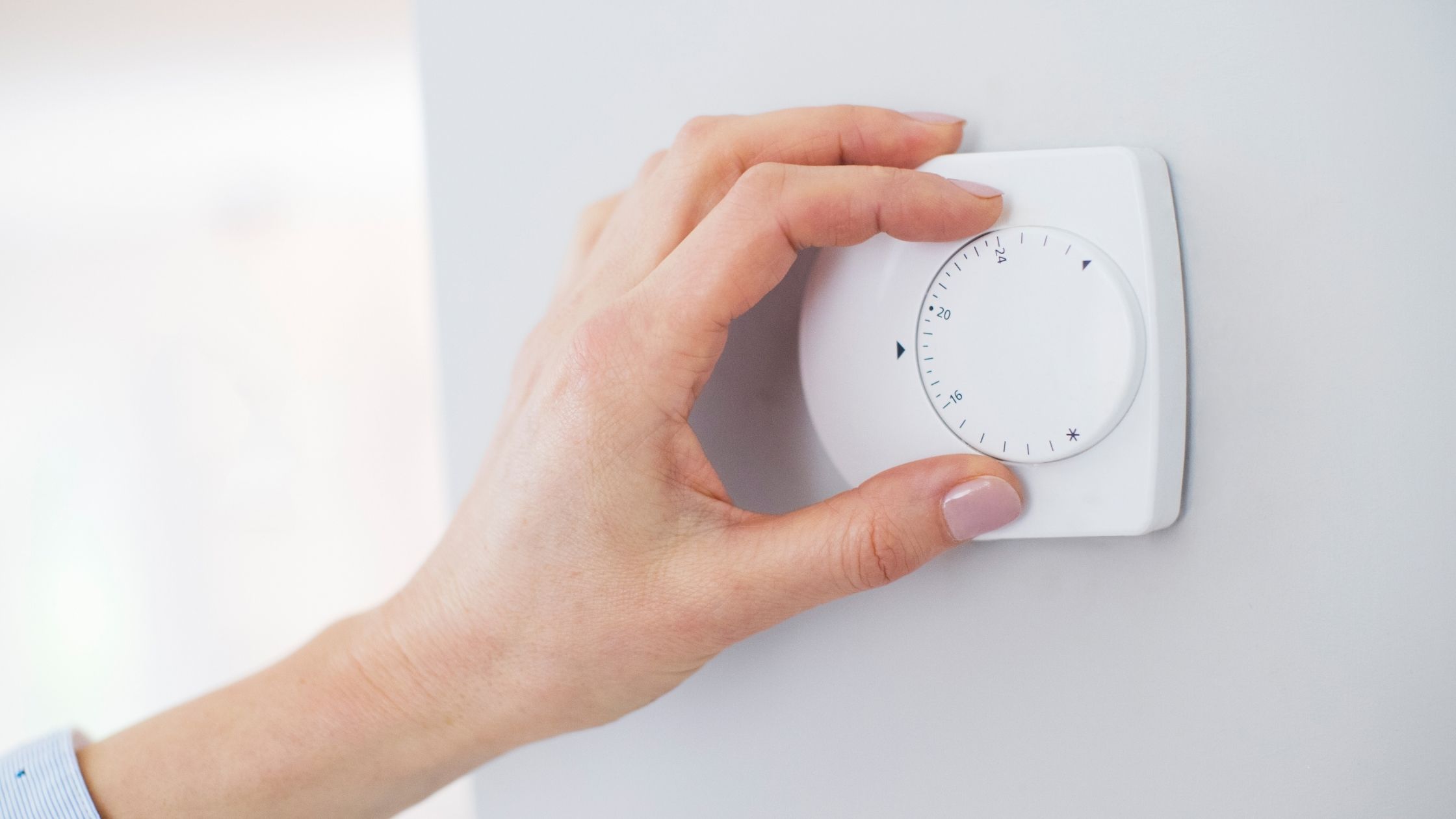Whether you are trying to cut back on your energy bill or are looking for ways to save money on your household bills, there are a number of things that you can do.
From changing to a dual fuel tariff, to spreading payments over a year, there are a number of ways to save on your bills.
Here I disclose how I managed to save £50 a WEEK in winter, according to my Smart meter. That’s £200 a month. A lot of wasted money.
Reduce heating by just ONE degrees C
Getting your thermostat to a more reasonable temperature can save you money on your utility bills. Even though the average home is heated to around 22 degrees, it is still possible to lower your thermostat by a few degrees. That’s a lot of warmth for a relatively small amount of money.
Aside from lowering your thermostat, you can also do your part to save energy by wearing warmer clothes. This is especially true if you have children. While your kids may not appreciate the idea, it will save you a bundle in the long run. A well-maintained house will also keep your pipes from freezing.
One last thing to do is make sure your thermostat is turned off during the daytime, a practice that can help save you a few hundred quid a year.
Change your broadband provider – seriously!
I know what people are thinking reading this, that it won’t save you much money, but let me assure you that it does. And there is very little faff involved too. You can change your internet provider or ISP in a few days – for example, TalkTalk are offering a reduced price of £18 a month for fibre. That is really cheap for broadband, I was paying £45 a month to Sky before (just for my internet connection, not including the TV etc!)
Spread payments over 12 months
Fortunately for the harried householder, most Massachusetts investor-owned electric and gas utility companies offer a budget-friendly payment plan that can keep the skunk out of your pants. This is not only a good way to save some cash, it also allows you to enjoy some semblance of predictability, especially in the face of a recession. Most companies will make adjustments to your billing schedule if you ask nicely, so make sure you have enough money in your pocket to make the payments.
Aside from the obvious aforementioned bill, you may also want to consider signing up for a rewards credit card and linking it to your checking account. There are literally thousands of reward programs out there, so you are likely to find one that suits you.
Invest in energy-efficient lightbulbs
Investing in energy-efficient lightbulbs is an effective way to save money on household bills. These light bulbs use 70-90% less electricity than standard incandescent bulbs, which reduces electricity consumption and greenhouse gas emissions. They also last longer, which means less waste associated with bulb disposal.
Energy-efficient light bulbs come in various forms, from simple replacements to more advanced features. They can offer voice activation, color changing, and remote control. You can even purchase them in multipacks to get the best value for your dollar.
The initial cost of an energy-efficient light bulb may be higher than its conventional counterpart, but the savings will make it worth the investment. In fact, it can pay for itself after a year or two of usage. In the long run, these bulbs can save the average home £225 per YEAR.
Switch to a dual fuel tariff
Using a dual fuel tariff is a great way to reduce the amount of energy you use. It can be cheaper than using separate electricity and gas providers. This can also make managing your bills easier. You can also benefit from a discount on your bill.
Switching to a dual fuel tariff can be done online or by calling your energy supplier. You will need to provide your personal details to the supplier. They will then arrange for your switch to take place. You should be able to finalise the switch within 21 days.
If you have a question about whether you have a dual fuel tariff, it is a good idea to check your energy bills. You will want to see the name of the tariff, as well as the amount of kWh you use each year. This can help you compare the cost of different tariffs.

